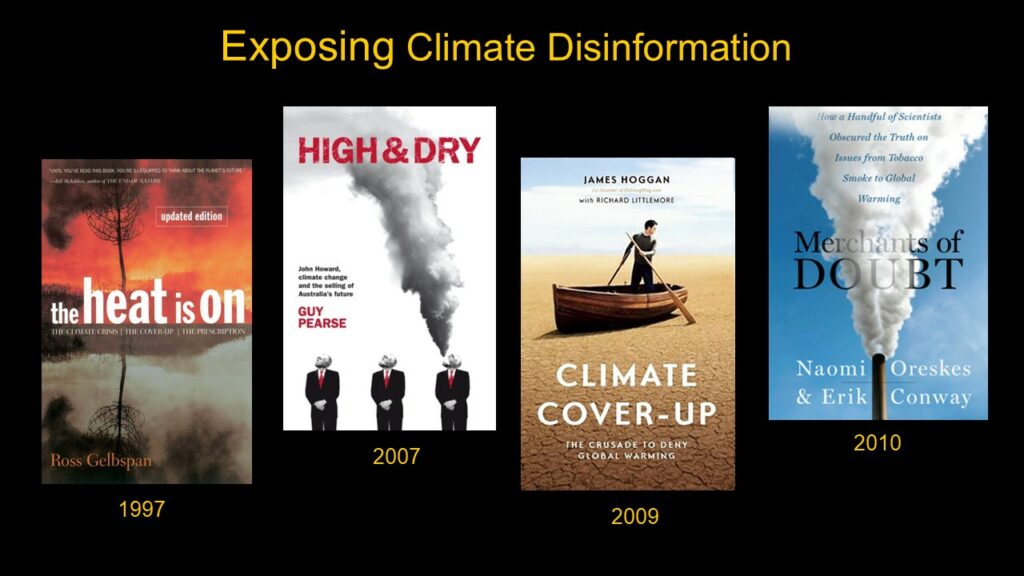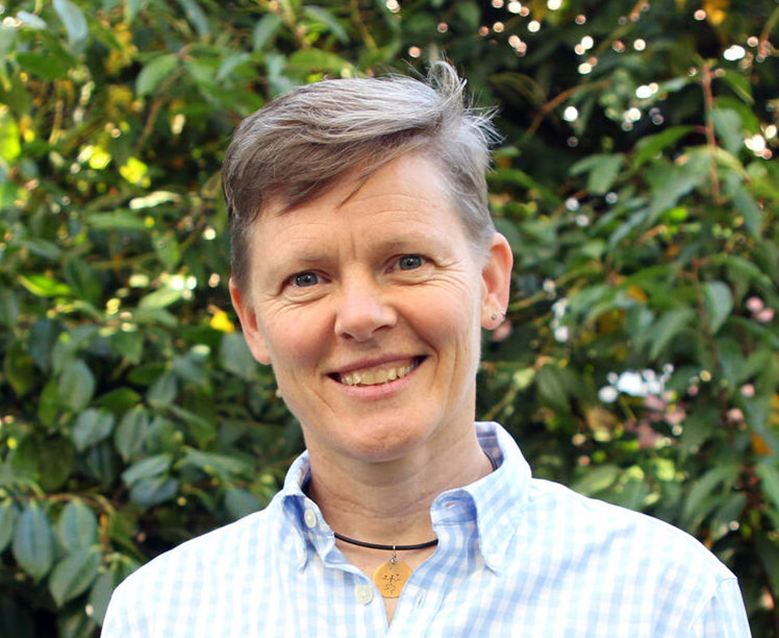
RST Apology to Tasmanian Aboriginal people 2021.

RST Apology to Tasmanian Aboriginal people 2021.
Dr Mel Fitzpatrick
Dr. Mel Fitzpatrick has been at the forefront of climate science, activism, and education since Australia’s commitment to the United Nations Framework Convention on Climate Change in 1992. Over the decades, Mel has witnessed firsthand how disinformation, denial, and deception have obstructed progress on climate action, both within Australia and globally. In this talk, Mel sheds light on the key players behind these efforts, their tactics, and how we can better inoculate ourselves and others from the pervasive disinformation that threatens meaningful change


Dr Mel Fitzpatrick is a climate scientist and educator, who over the last two decades has concentrated on effective communication of climate science to both policymakers and the general public. A specialist in polar and alpine research, Mel has worked for the Australian Antarctic Program, the US Antarctic Program, and in the Department of Earth and Space Sciences at the University of Washington in Seattle. Mel was an expert reviewer for the Intergovernmental Panel on Climate Change, contributing to the reports in both 2001 and 2007, and also worked for six years at the Union of Concerned Scientists as part of a small team developing a series of climate impact reports used for outreach and education in coastal and mountain areas.

The Royal Society of Tasmania acknowledges, with deep respect, the traditional owners of this land, and the ongoing custodianship of the Aboriginal people of Tasmania. The Society pays respect to Elders past, present and emerging. We acknowledge that Tasmanian Aboriginal Peoples have survived severe and unjust impacts resulting from invasion and dispossession of their Country. As an institution dedicated to the advancement of knowledge, the Royal Society of Tasmania recognises Aboriginal cultural knowledge and practices and seeks to respect and honour these traditions and the deep understanding they represent.

On 15 February 2021, the Royal Society of Tasmania offered a formal Apology to the Tasmanian Aboriginal people.